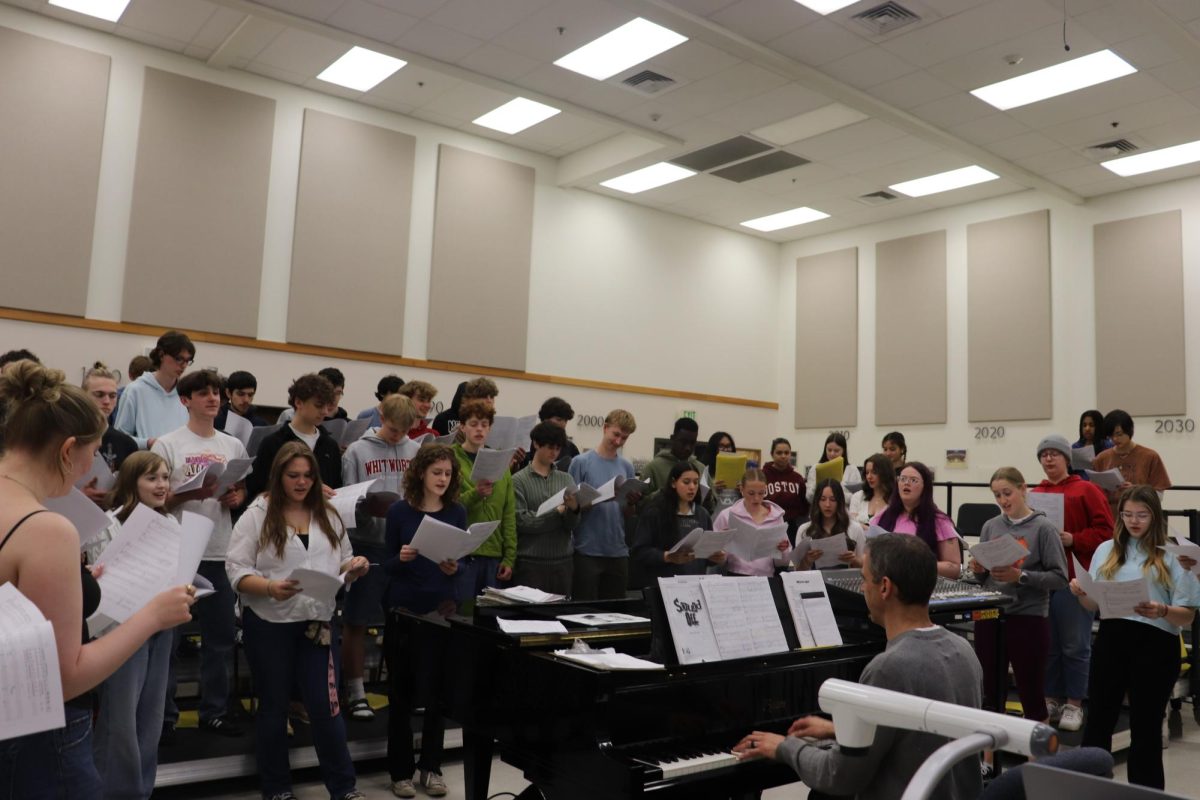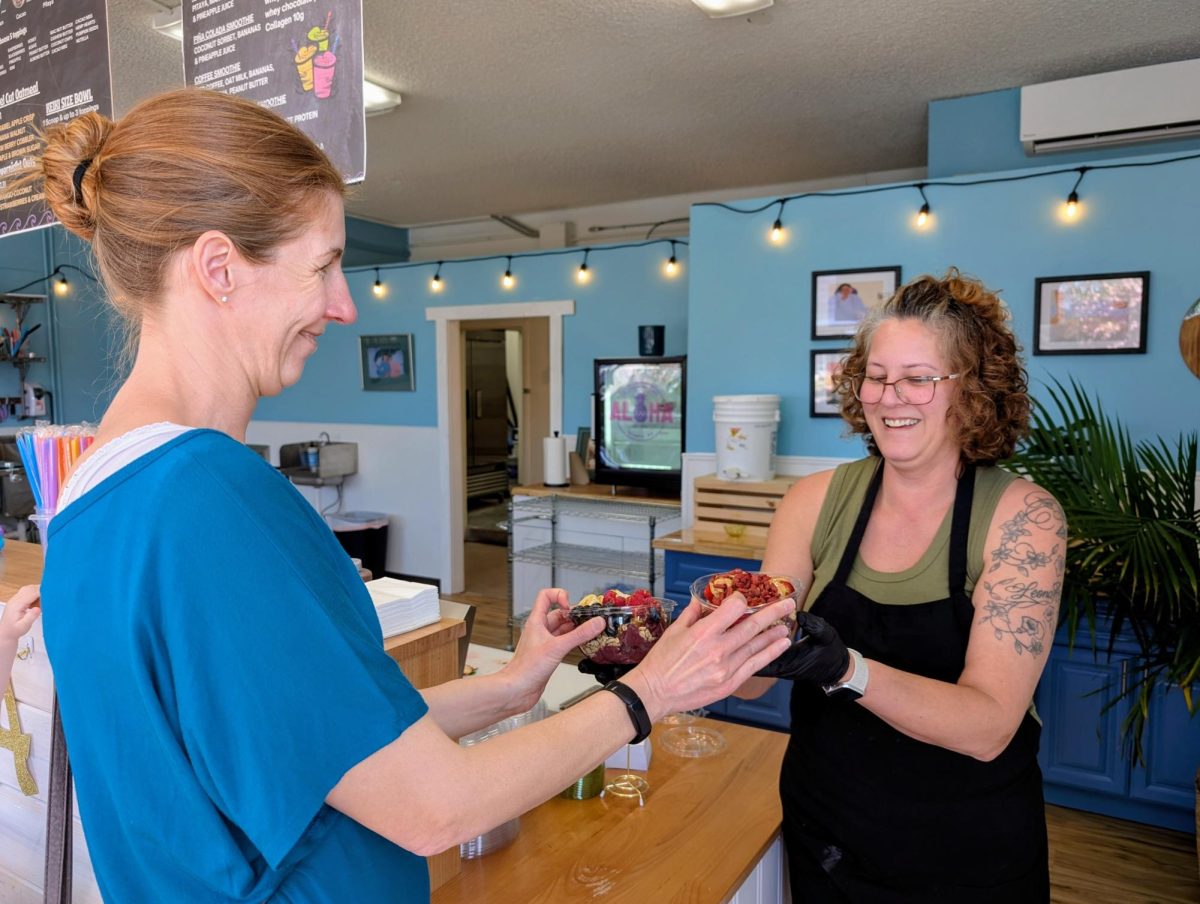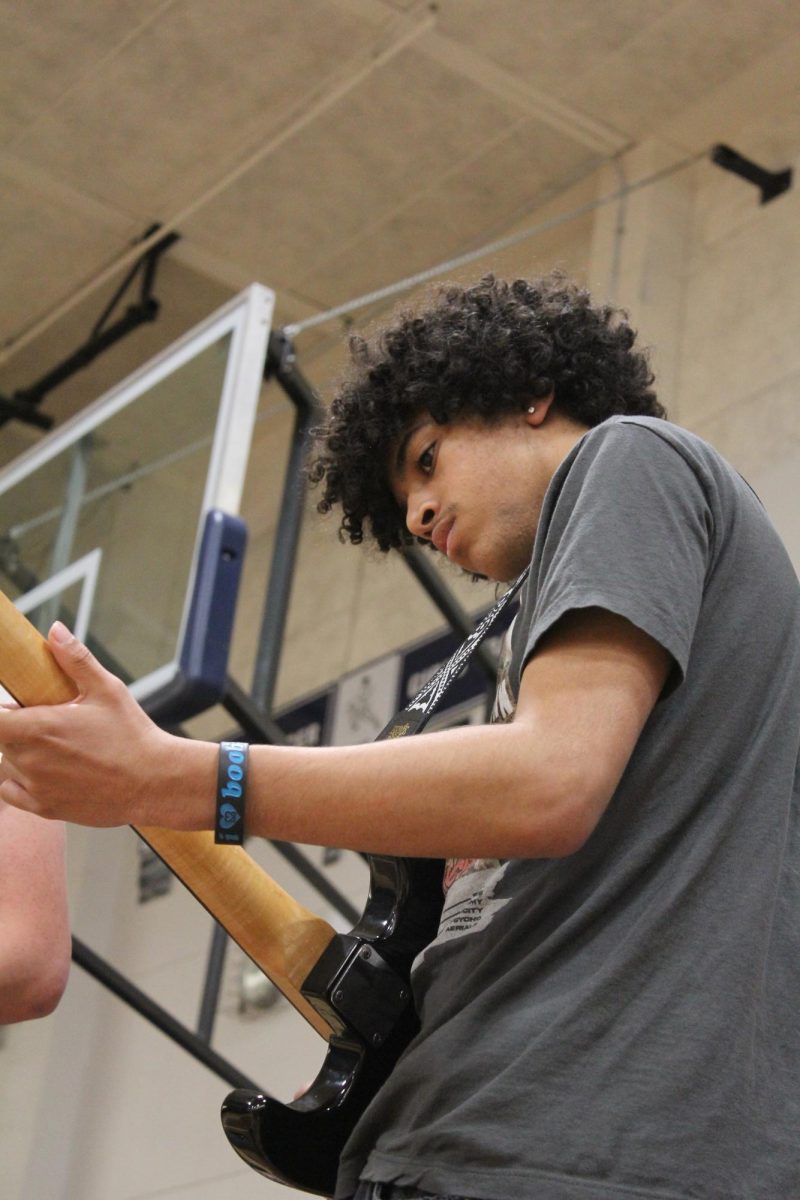Concerned counselors and students connect over mental health issues
Students at OHS may be struggling with mental health issues that you are unaware of. Check on your students and your friends.
At OHS, students reach out to counselors for many reasons. However, following the losses of two loved OHS juniors, counselors reached out to students and visited U.S. History classes to speak about mental health in a school setting. Feedback has been mixed about whether these lessons will benefit the students.
The lessons began on January 12th. Natasha Landram, OHS counselor, began her lesson in Valerie Davis’s first period A.P. US History class, saying that her aim is “giving juniors a chance to vocalize what they’re feeling, what we can do better, what’s been lacking for them… just giving them a chance to talk.” Many students did.
The class took this opportunity to express many concerns about mental health and management at Oly, and began by stating that while teachers tried to give time for processing, their workload was not at all, or only slightly, changed. Topics about course load and academic pressure emerged.
Landram addressed concerns by saying that “We [counselors] have tried to nicely ask teachers to kind of ‘chill out’ for the week.” Natasha Thompson, a student in Davis’s class, responded with “I have three tests tomorrow… I’ve already taken two tests this week. It would be nice if you could ask less nicely.”
Kelley Rasanen, an OHS counselor working with Landram to visit U.S. History classes, said she believed that a reason for the heavy courseload over the week was due to AP coursework. “..[AP classes] have content to cover for that AP test at the end of the year,” Rasanen said. Thompson pointed out that this wasn’t unique to AP classes. She replied later
that to her, this expressed a priority of “curriculum over mental health.”
Landram stated during her lesson that the junior class is evidently struggling. “We’ve had four junior boys pretty significantly impacted by life choices.” When asked in an interview about contributors to depression at Olympia High School, Landram stated stress was a major factor and could be due to a number of things: “Family relationships, pressure to be the best, intense academics… loneliness or feeling isolation.”
Ava Carter, another student in Davis’s class, explained that she believed a major part of the challenges the junior class is facing is due to their lack of a normal school experience. “We haven’t been able to make the same relationships that others did [in freshman year],” Carter said during the lesson. “Things were taken out of the curriculum, and we were expected to know them the next year.”
OHS junior Jamison Johnson shared his thoughts on the lesson.“In terms of counseling… there wasn’t really much counseling. They just kind of talked, about whatever they felt like,” he said. “They talked about jobs, and college.” He described how for him, contact with counselors has been difficult. “There had been times when I was supposed to meet with a counselor… and I never got a response back. I was… left out.”
Johnson described that a lack of connection between students and staff could contribute to depression and mental illness at OHS. “There’s a lack of awareness of how students are feeling, and a lack of dealing with [those feelings].” Johnson felt the counselors had difficulty reaching out to students affected by traumatic experiences at school.
Landram and Johnson both encouraged OHS students to reach out to counselors and mental health professionals for help. In Landram’s message to OHS staff, she encourages teachers to recognize student struggles. She says, “let your students know that you care about them.”

Anna Peternell is a journalist for The Olympus newspaper. Anna is a member of the OHS Chamber Choir and enjoys drawing, painting, mountain biking racing,...




































